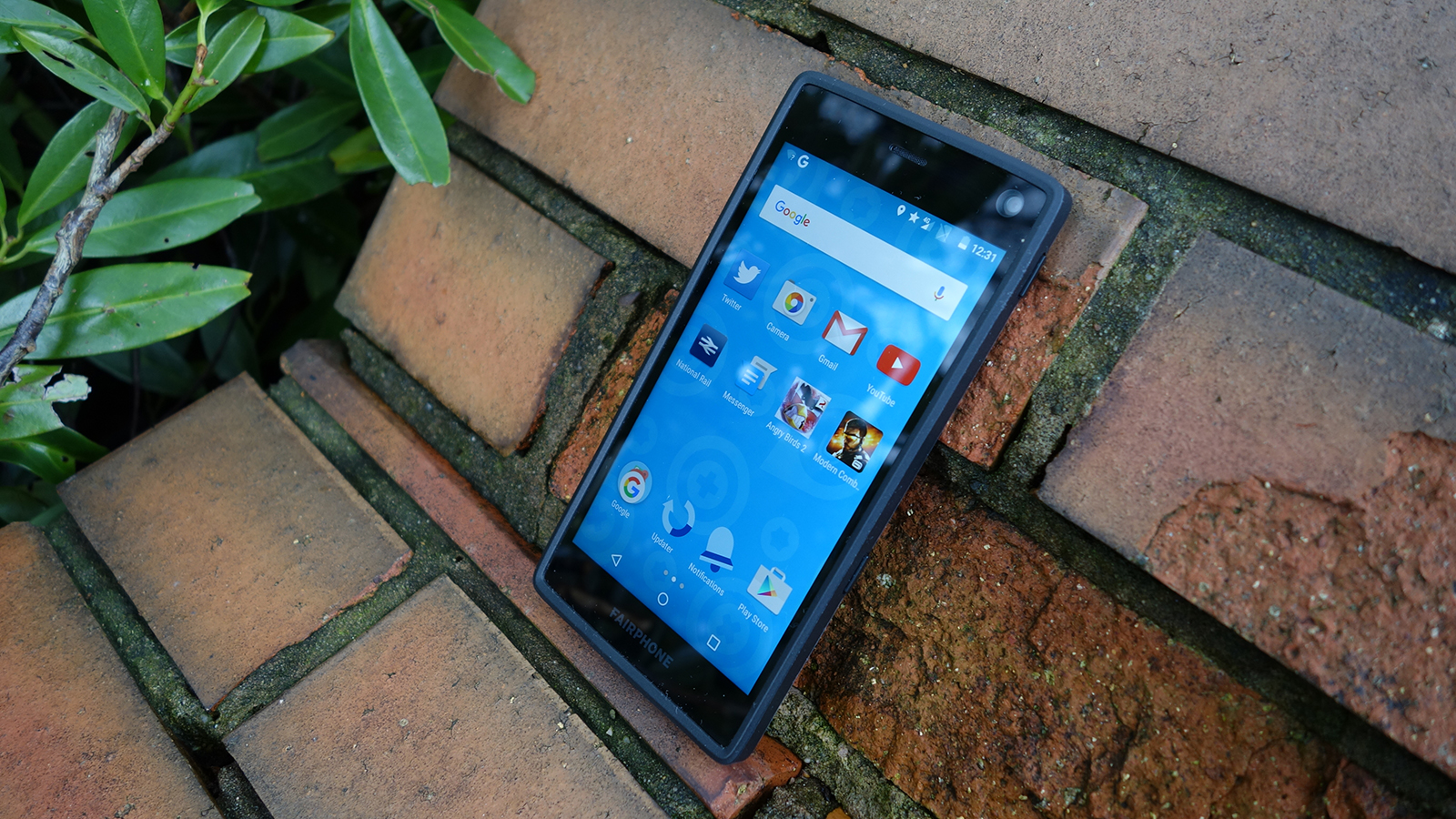Why you can trust TechRadar
You're not really going to buy the Fairphone 2 for its looks or its specs, though – you're going to buy it because of the way it's been made, and the philosophy behind it.
Fairphone prides itself on working harder than anyone to make sure the materials for its handsets come from sustainable sources, and arrive via supply chains where workers are paid a fair wage.
The company admits it hasn't quite got there yet: thanks to the intricacies of the smartphone supply chain, which even Fairphone itself hasn't completely untangled, not all the minerals in the Fairphone 2 are guaranteed to be conflict-free (that is, mined from sources that don't profit militia groups in the developing world).
However, Fairphone is committed to making sure that's the case as soon as it possibly can.

Essentially, the fledgling company wants to make sure everything that goes into its phones is sourced in a way that's environmentally responsible, kind to both the planet and the people working at every step of the supply chain.
Whether it's ensuring safe working conditions for miners, or building mines that don't irrevocably wreck the landscape, Fairphone is making a stand.
It's a philosophy that the other handset makers share up to a point, but usually only when they're required to by law. Apple has made similar noises to Fairphone in the past, and is working towards more transparency about where its iPhone materials come from, but Fairphone is leading the way – as this Ethical Consumer guide shows.
Sign up for breaking news, reviews, opinion, top tech deals, and more.
On top of that environmental responsibility there's Fairphone's modular approach. You can't swap out the basic camera module for a better one (not yet, anyway) but if the original becomes damaged you can order a replacement direct from Fairphone, rather than having to toss away the entire handset. It's not quite Project Ara, but it's getting there.

That equals less e-waste, a slower turnover of phones and less of a strain on our creaking planet. These are all noble goals, and probably worth more consideration that most of us care to give them when we're shopping for a new smartphone.
What I can't tell you in this review is how good the replacement service is, but I'm happy to take the company at its word. There's a full price list here, with a replacement camera module setting you back €35 (about £26, US$38, AU$54), for example.
In fact, the Fairphone 2 did enough to score an impressive 10/10 in its iFixit breakdown (there's actually an iFixit app pre-installed to help you replace spare parts yourself).
You can slide off and replace the screen using nothing but your fingers and thumbs, with not a screwdriver in sight – make sure you mention that to your local phone repair specialist.
Oh, and one more feature to go alongside the dual-SIM capabilities in the 'popular in the developing world but rarely seen elsewhere' list: an FM radio!

Dave is a freelance tech journalist who has been writing about gadgets, apps and the web for more than two decades. Based out of Stockport, England, on TechRadar you'll find him covering news, features and reviews, particularly for phones, tablets and wearables. Working to ensure our breaking news coverage is the best in the business over weekends, David also has bylines at Gizmodo, T3, PopSci and a few other places besides, as well as being many years editing the likes of PC Explorer and The Hardware Handbook.
